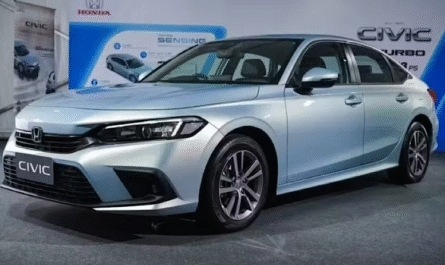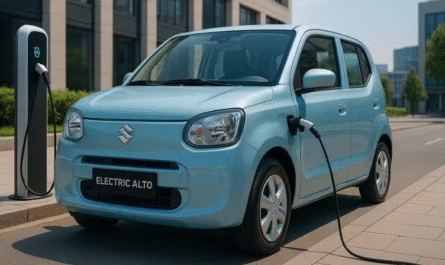In a major development that could bring much-needed relief to the masses, the Senate Standing Committee on Finance has opposed the proposed increase in taxes on smaller cars. The move has been welcomed by car buyers, auto industry stakeholders, and middle-class families alike, especially at a time when inflation and fuel prices continue to stretch household budgets.
With the Federal Budget 2025 proposing higher taxes across several sectors, the automobile industry was one of the hardest hit, particularly smaller and economy car segments. But now, the Senate’s intervention signals potential tax relief that may preserve affordability for thousands of consumers.
What Was the Tax Proposal?
In the 2025-26 federal budget, the government proposed to increase the Federal Excise Duty (FED) and Advance Tax on various types of vehicles, including cars under 1000cc and 1300cc, which are typically bought by middle- and lower-income groups.
The justification given was to enhance revenue collection, especially with Pakistan facing a tight fiscal space and IMF-driven reforms. However, these taxes would have significantly raised the prices of smaller, budget-friendly cars like the Suzuki Alto, Cultus, and Wagon R, making them unaffordable for a large segment of buyers.
Senate Committee’s Stand – A Voice for the People
During a recent session, the Senate Standing Committee on Finance and Revenue reviewed the proposed budget recommendations related to the auto sector. Members of the committee strongly opposed the tax hike on smaller cars, arguing that:
- The tax burden on middle- and lower-income consumers is already excessive.
- Smaller cars are not luxury items but essential means of transportation for working-class families.
- Increasing taxes on such vehicles would discourage sales, hurt local auto manufacturers, and potentially lead to job losses in the automotive supply chain.
- It would be more equitable to maintain or reduce taxes on smaller cars and shift the burden to luxury vehicles and SUVs.
The committee recommended that the government revise its tax strategy and exclude cars up to 1300cc from the increased tax slab, offering relief to average citizens and encouraging local production and sales.
Why It Matters for Car Buyers
With inflation hitting record highs in recent months, the cost of owning a car has already become a major challenge. Rising fuel costs, registration fees, and maintenance expenses are pushing more people to delay or cancel plans to purchase vehicles.
If the Senate’s recommendations are adopted in the final budget approval phase, buyers may avoid paying tens of thousands of rupees in extra costs, especially on popular entry-level models.
For example, a Suzuki Alto or Cultus, already priced at around PKR 25–35 lakh, would have seen an increase of PKR 50,000 to PKR 100,000 in taxes. Blocking the hike means that car affordability remains stable, and sales in the economy segment may rebound.
Industry Reaction – A Sigh of Relief
Pakistan’s local auto industry, including car assemblers and vendors, has lauded the Senate’s stance. In recent months, car sales had plummeted due to import restrictions, high interest rates, and reduced consumer spending. An additional tax would have further shrunk the market, especially for economy cars, which make up a large portion of domestic sales.
Industry insiders believe that encouraging small car ownership is essential for both environmental goals (smaller cars have better fuel efficiency) and for strengthening local manufacturing, especially as brands look to scale up hybrid and electric variants of small vehicles.
What’s Next?
The Senate committee’s recommendations will now go to the National Assembly, which has the final say on whether the proposed tax hikes are implemented or scrapped. If the assembly accepts the Senate’s advice, the tax structure for small cars may remain unchanged, protecting both buyers and manufacturers.
However, this is not guaranteed. With pressure to raise revenues and meet budget targets, the government may still push back unless there’s strong political consensus or public pressure.
Final Thoughts: A Win for the Middle Class?
In a time when every rupee counts, the Senate’s opposition to increased car taxes offers a ray of hope for ordinary Pakistanis. Whether you’re a salaried employee looking to upgrade your ride or a young professional hoping to buy your first car, this move—if finalized—could save you significant money.
As budget negotiations continue, all eyes are on Islamabad. Will the voice of the people prevail, or will fiscal constraints override affordability? Either way, car buyers should stay informed and be ready to act fast if prices remain stable post-budget.



